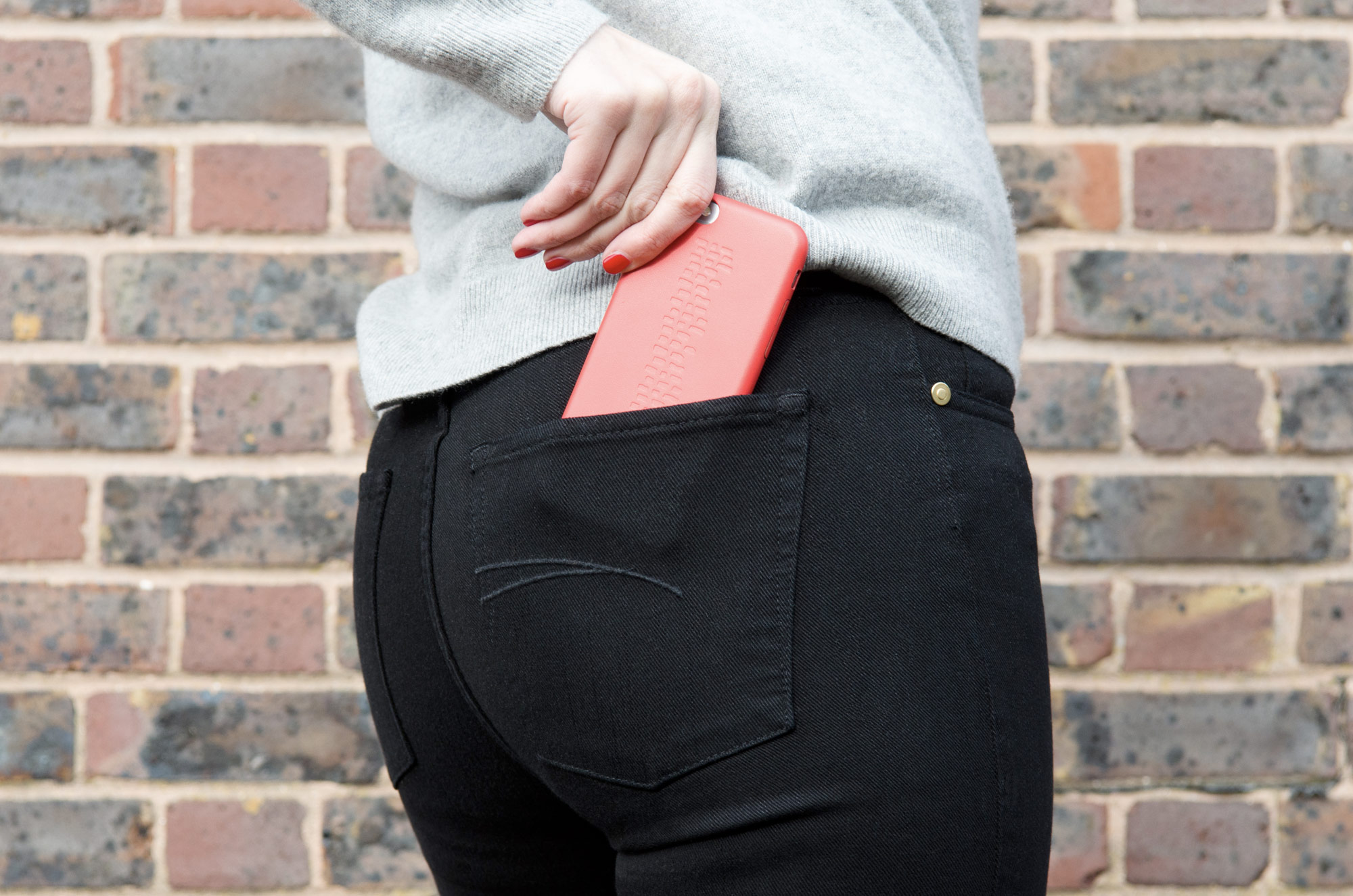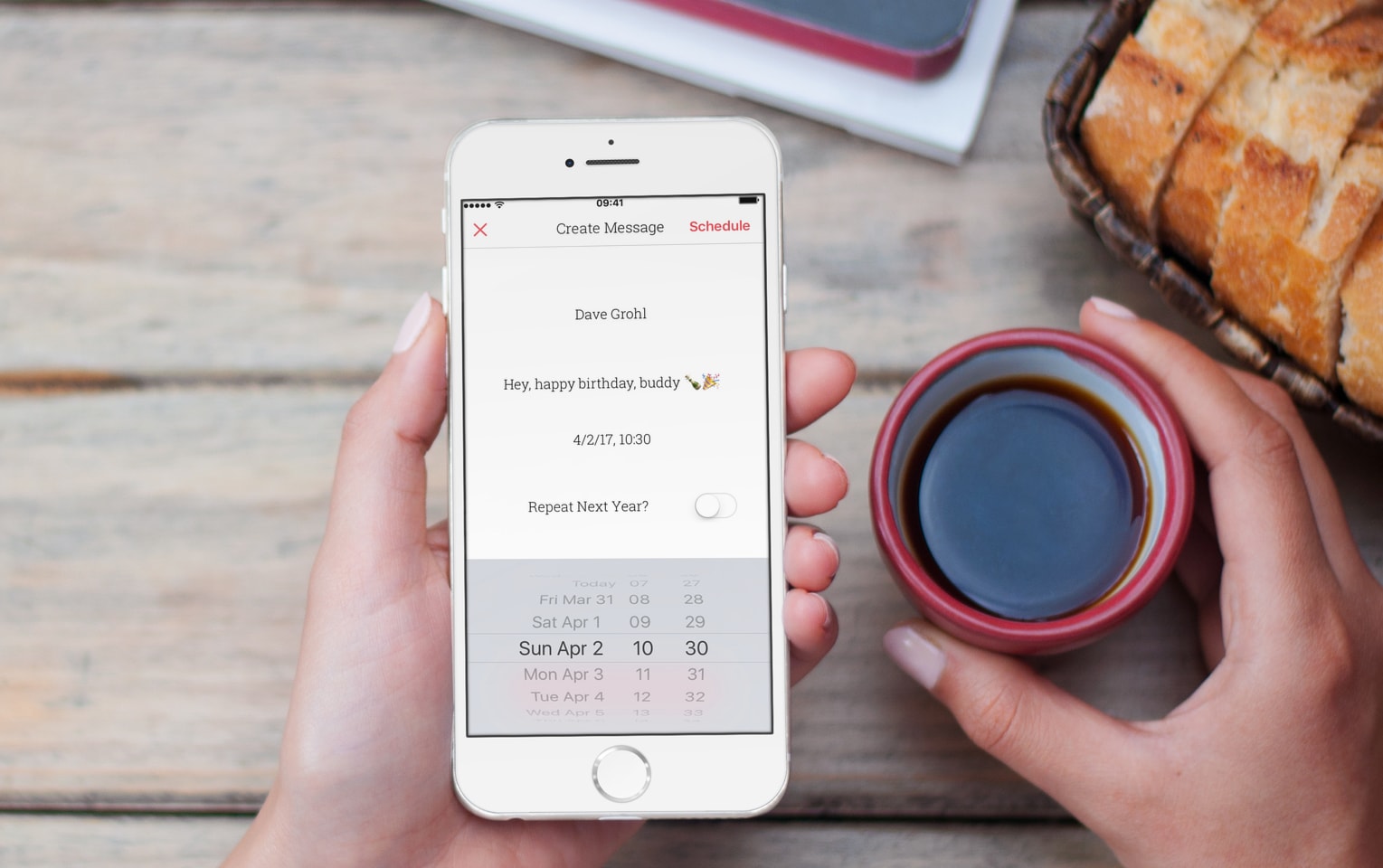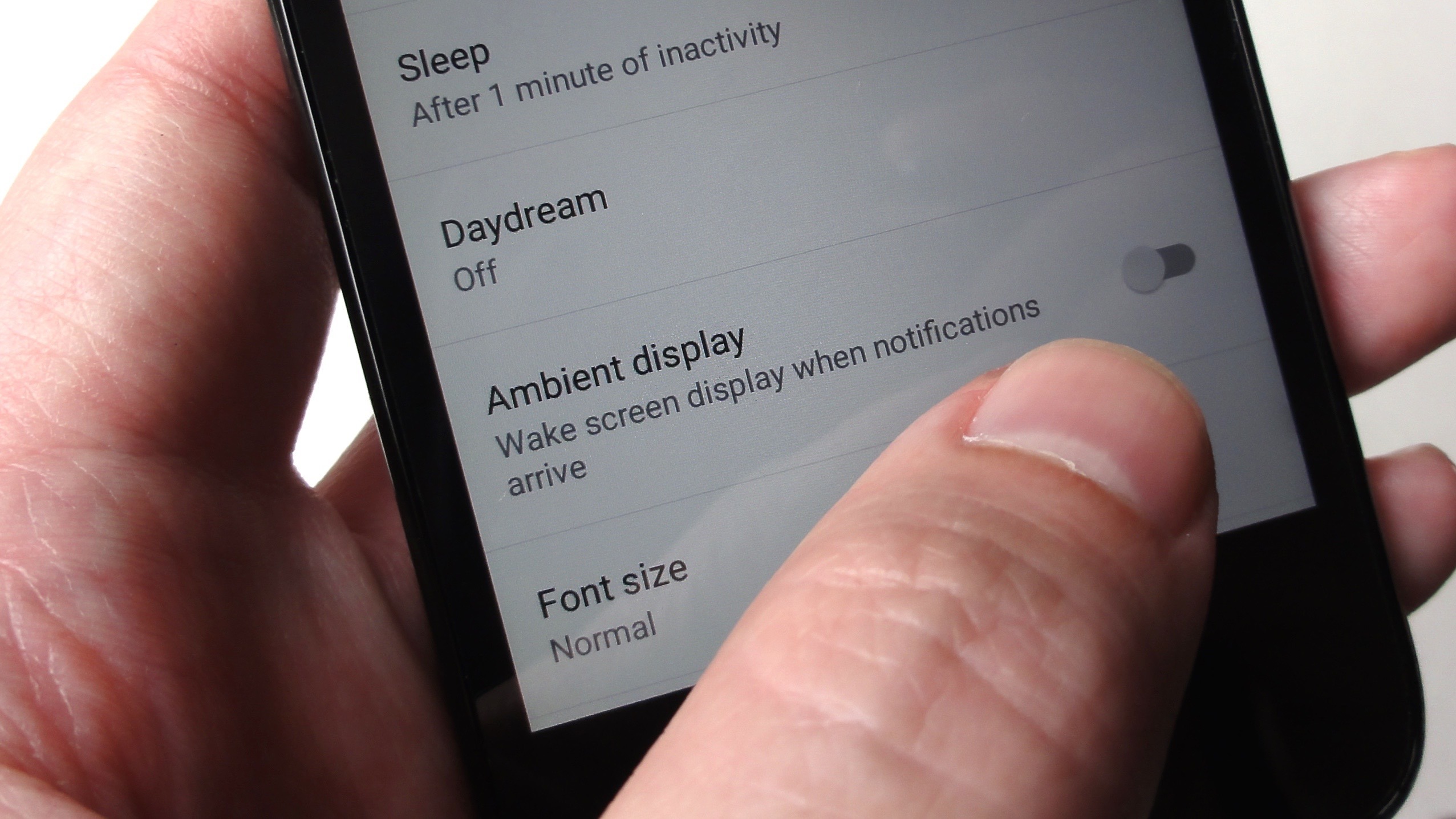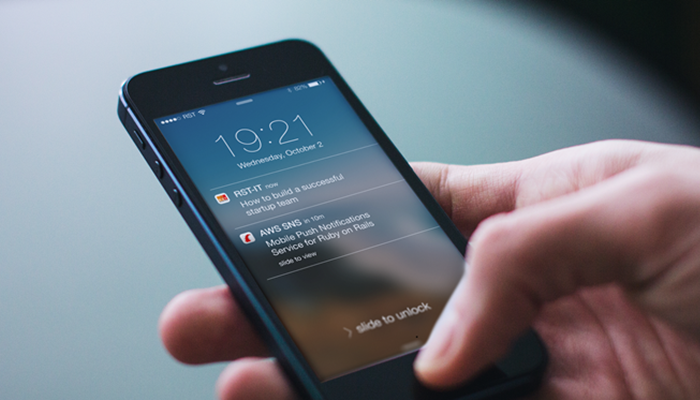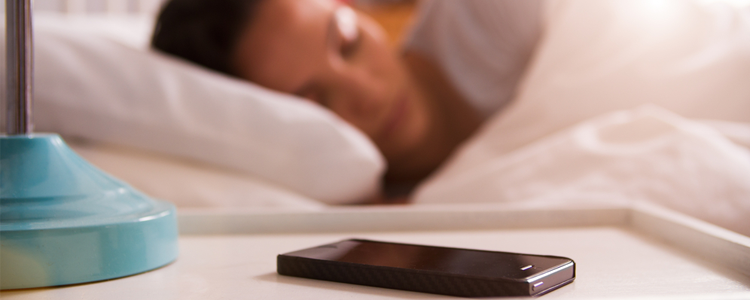Adults being addicted to their smartphone is a worldwide problem.
While technology and smartphone usage is relatively new to us, it has been hard to know how it actually has affected our mental health.[1] Jean Twenge has written for the Conversation about the increasing problem of depression linked to smartphone usage.[2]
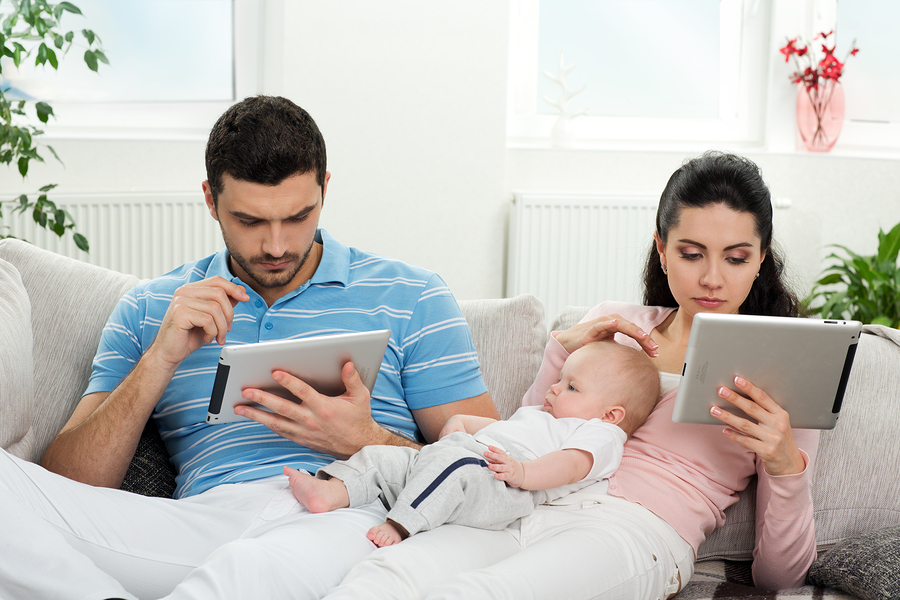
She writes: “In a paper published in Clinical Psychological Science, my colleagues and I found that the increases in depression, suicide attempts, and suicide appeared among teens from every background – more privileged and less privileged, across all races and ethnicities and in every region of the country. All told, our analysis found that the generation of teens I call “iGen” – those born after 1995 – is much more likely to experience mental health issues than their millennial predecessors.”
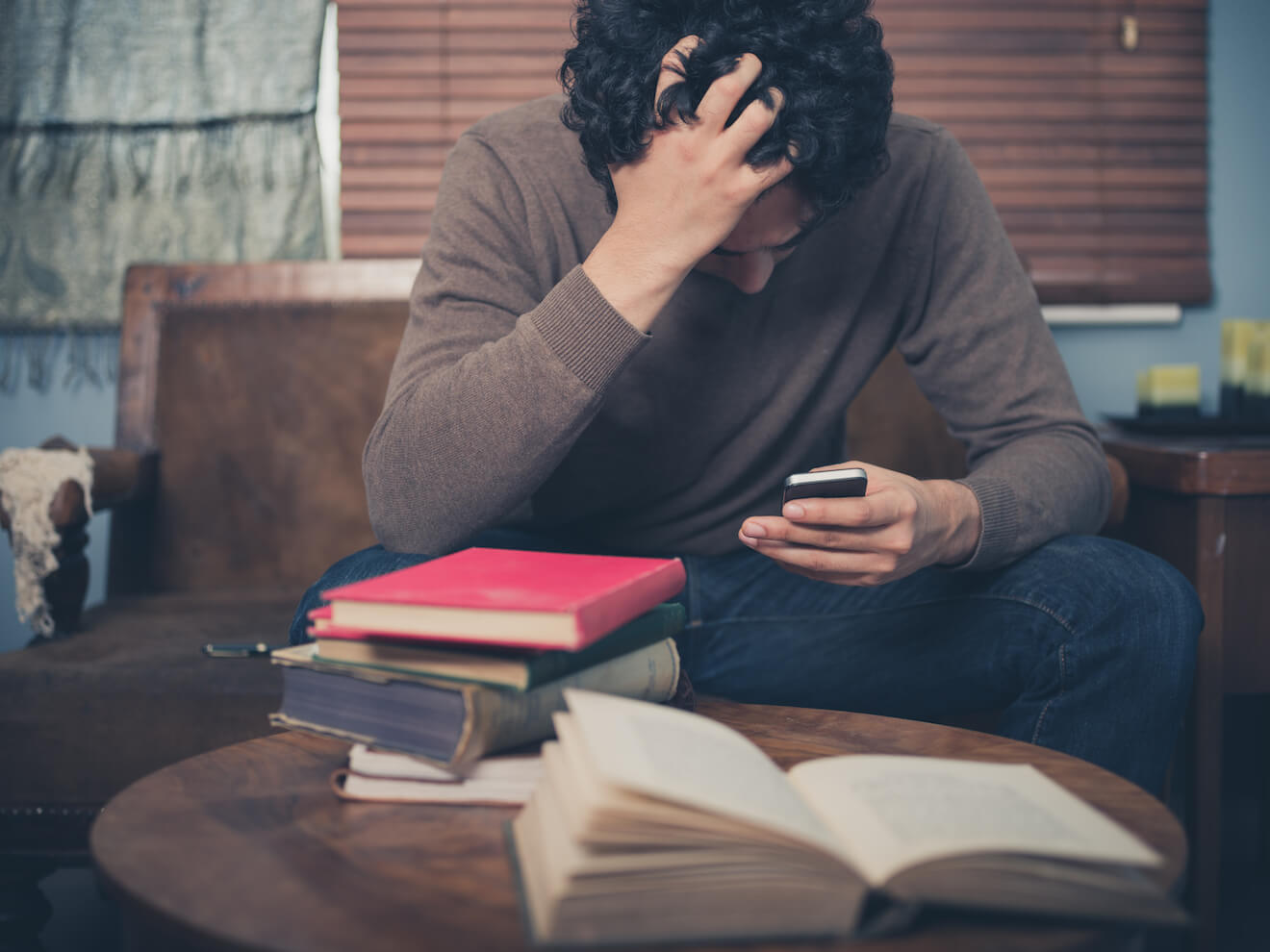
After studying the subject, they came to understand that there is a link between increasing depression and smartphone usage. It is partly based on the years between 2010 to 2015, which was a period with steady economic growth, and a lot of people were employed. Society looked really good. But still, teens felt more depressed than ever.
According to the Pew Research Center, it has shown that in 2012 more than 50% of teenagers owned a smartphone, and that’s when the depression started to increase. Since then it has significantly risen, at the same pace as more and more teenagers are getting smartphones.
If this theory is correct, it means that we now have evidence that smartphone usage actually makes us feel more depressed. This might make you think of using your phone less often.
“People check their phone every 15 minutes or less.”
Says Larry Rosen, psychology professor, told CNBC. He also says that this has built up a layer of anxiety, where we feel that if we don’t check it often enough, we’re missing out on things. But if it makes us depressed, it might be time to take a step back. We have put together a few tips on how to use your phone less often:
Make a schedule
This is a straightforward thing to do, but it will have a massive impact on your phone usage. Determine a specific time where you are allowed to check your phone, like for example at 3 PM when you’re at work and 9 PM when you’re at home. You could also decide that you’re allowed to check once every hour, or anything that works for you. Start with a goal that isn’t too hard though, and then increase it as you go.
Turn off the notifications
There’s actually no reason you will need your notifications if you think about it. If you really want to know who has texted you on messenger, it isn’t more complicated than you’ll go in and check your Messenger. The push notifications are a stressing moment that keeps on reminding you to check your phone, and you will be better off without it. It will be easier to stop checking your phone all the time if there isn’t anything to remind you of it.
Turn off as many push notifications as possible
You don’t have to be interrupted by every “like” that your latest Instagram picture receives or with the message that your favorite podcast just released a new episode.
Set a bed-time for your phone
First of all, you should never use your phone in bed as it actually disturbs your quality of sleep. But moreover, it will be even easier to not use your phone to frequently if you set a time, and after that time you’re not allowed to check your phone regardless if you have gone to bed yet or not.
Source; CNBG, Clinical Psychologist Science
